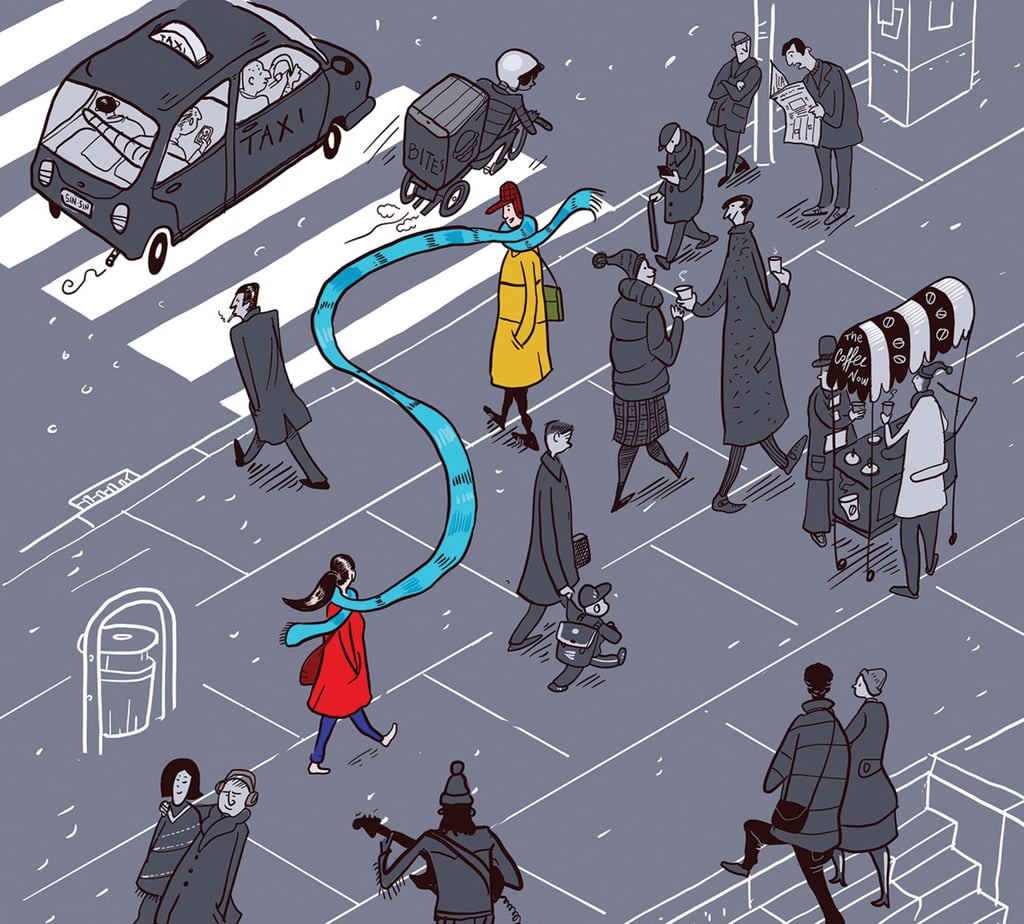The Naked Truth | Winter is cuffing season – how to find a short-term companion to snuggle with in the cold weather, and how to end it amicably afterwards
- Cuffing season is the time when single people look for a short-term relationship during the colder winter months
- Follow relationship and wellness coach Sonia Samtani’s advice to make the most of the cuffing season

With the holiday season and colder temperatures coming, some single people look for companionship to get them through the festive period.
Whether it’s to have someone on their arm at the dreaded office Christmas party, or a “friend” to cosy up to on those colder nights, there’s no shame in admitting that every one of us desires companionship in some form or another.
If you look at it from an evolutionary perspective, it’s a natural human instinct to form connections with others to boost our chances of survival in harsh environments (and I’m not just talking about the weather).
This innate instinct explains our need to seek out physical intimacy and affection from another person. And becoming romantically involved with another person during the colder season is one easy way of acquiring that “security blanket”.

On top of that, there is also the unspoken pressure of being single at seasonal gatherings. There’s always the challenge of navigating intrusive questions from friends or relatives about our dating life, or having to endure endless PDA – public displays of affection – from certain couples.
